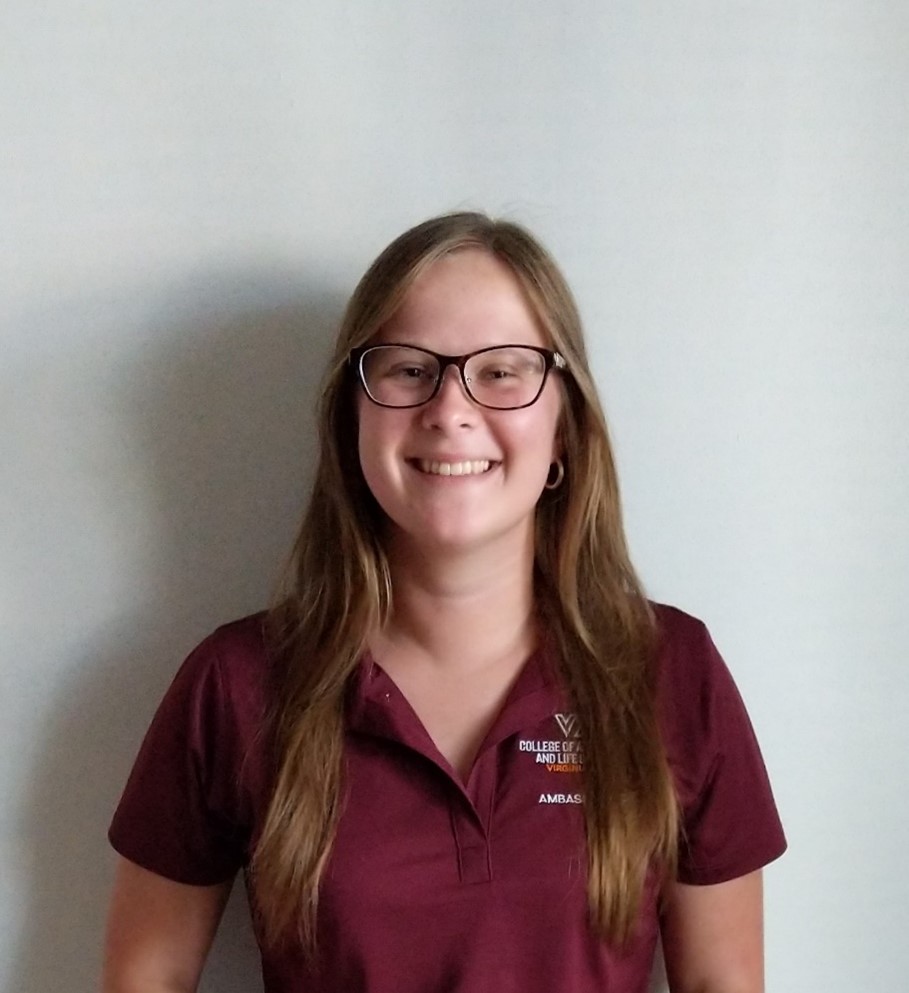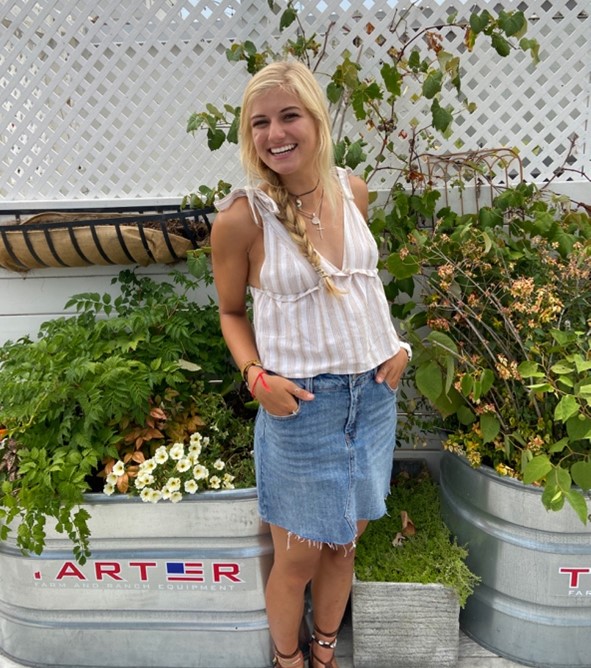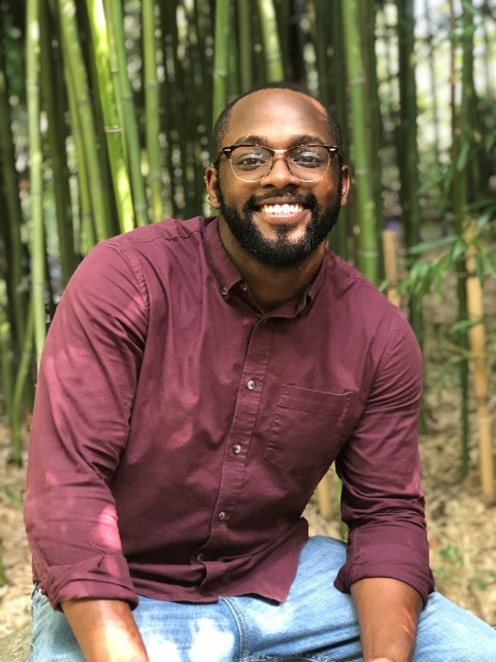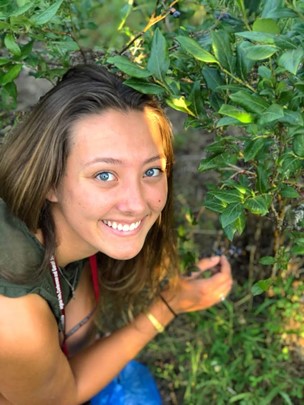Despite its recent economic revival due to increased opportunities in mining, the northern region of Saint-Louis, Senegal is still prone to high food insecurity. Lack of market access and poor quality of food crops contributes to its vulnerability to shocks including climate change, farmer strikes, and volatile commodity prices. This situation, coupled with low diet diversity, has fostered high prevalence of child malnutrition in the region which negatively impacts students’ academic performance.
To help reverse the trend, Counterpart, in partnership with Virginia Tech University and NCBA – CLUSA, is implementing the USDA-funded Local and Regional Food Procurement project which promotes the use of local commodities to support community-led school feeding.
Virginia Tech leads the mung bean pilot project which provides protein-rich legumes through production in (and donations from) 10 local communities in the Departments of Dagana and Podor, located in the St.-Louis. Since the introduction of mung beans in the communities in July 2019, the project has been actively evaluating the adoption, production, and utilization of mung bean across the region. While travel is restricted to Senegal due to COVID-19, Virginia Tech is working remotely.
Meet our interns who are exploring the nutritional value of mung bean leaves!: Lucy, Mary Michael, Joshua, and Jessica.
Lucy Adamson
My name is Lucy Adamson. I am a senior in Crop and Soil Science Agronomy option with minors in Entomology and Plant Health Science. I am interested in development work because everyone needs to eat and it is the base service that we can help with in developing areas.
As CPI’s intern, my part of the research project is seeing how removing mung bean leaves for human consumption affect mung bean’s grain yield. For the last several weeks, we have been removing leaves from the mung bean plants – a total of three times.
After harvest, we will examine the effect of removing the leaves on total grain yield and the nutritional value of the removed leaves. I am excited to see the results of the research to provide more information for farmers in Senegal to make production decisions for their mung bean crop.

Mary Michael Lipford
My interest in development work started young as I have always loved experiencing, traveling to, and learning about new cultures all over the world. I am also very passionate about food and agriculture, which is something very essential to a person’s survival. When I learned that around 418 million people are food insecure and go to bed hungry every day, I knew I was being called to try to change that.

Joshua Mott
PhD Candidate at Virginia Tech’s School of Plant and Environmental Sciences.
I have a specific concentration in nutrient management and the use of bio-fertilizers. My interest in development work started domestically when I saw the needs of my surrounding communities, for funding, infrastructure and most importantly, food. I knew that if I were to seek after a great education I could possibly posses the tools to help solve some of these issues.

Jessica Wilbur
My name is Jessica Wilbur and I graduated from Virginia Tech in May 2020 with a Bachelor of Science degree in Crop and Soil Science: International Agriculture with minors in both Chemistry and Global Food Security & Health.
I am now pursuing a Master of Science degree in Crop and Soil Science at Virginia Tech under the advising of Dr. Ozzie Abaye and Dr. Bo Zhang. I am passionate about development work because of my belief that we can all learn from engaging with peoples different from ourselves and that through mutual understanding and graceful love, the world can forever be changed.
My passion for agriculture stems from the idea that one of the only common denominators in each culture is food. Though the food is different, we all share the basic need for food and the table, in nearly every culture, is the place of community growth, mutual respect, and celebration.





